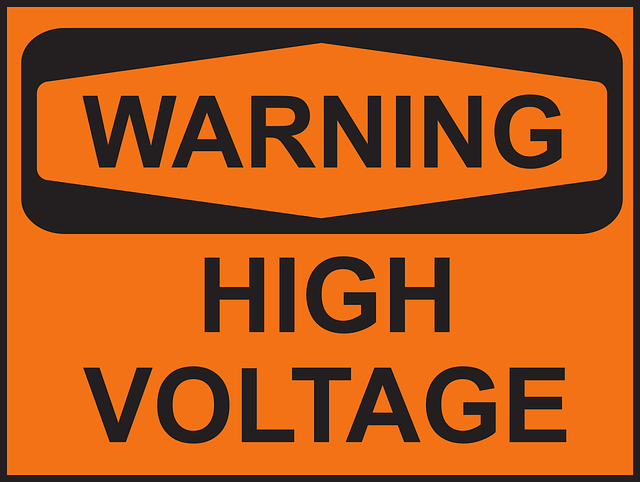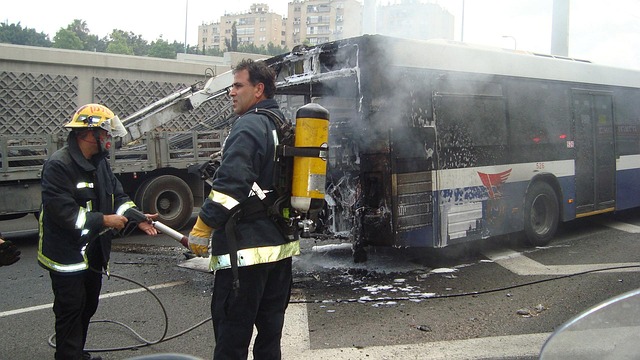Background checks are essential for ensuring passenger safety in the dynamic and regulated transportation sector. Comprehensive screenings include verifying licenses, exploring historical records, and identifying potential risks like criminal records or substance abuse issues. For commercial drivers, this involves scrutinizing driving records and traffic violations. Vehicle operator screening complements by checking legal status and insurance. Adhering to strict background checks enhances passenger safety, maintains industry compliance, and fosters public trust. Key terms: Background Checks in Transportation, Driver Background Screening, Commercial Driver Verification, Transportation Safety Checks, Passenger Safety Background Checks, Transportation Industry Compliance, Vehicle Operator Screening.
Background checks in transportation are an indispensable tool for ensuring passenger safety and upholding industry standards. With millions of commercial drivers on the road daily, thorough driver background screening is crucial to mitigate risks. This article explores the growing necessity of transportation safety checks, delving into key components like criminal history reviews, drug testing, and education verification. By implementing effective vehicle operator screening practices, we can enhance passenger protection and maintain regulatory compliance within the transportation industry.
- Understanding the Need for Transportation Background Checks
- Key Components of Driver Background Screening
- Impact on Passenger Safety and Industry Compliance
- Implementing Effective Vehicle Operator Screening Practices
Understanding the Need for Transportation Background Checks

In the vast and diverse transportation sector, ensuring passenger safety is paramount. Background checks play a pivotal role in achieving this goal by providing crucial insights into potential risks associated with vehicle operators. These checks, often referred to as driver background screening or commercial driver verification, go beyond simple license validation. They delve into an individual’s history, uncovering any criminal activities, substance abuse issues, or other red flags that could compromise safety on the road. Transportation safety checks are not just a legal requirement but a vital tool in mitigating risks and fostering public trust.
The transportation industry is a complex web of commercial vehicles, from buses and trucks to ride-sharing services and delivery fleets. Maintaining compliance with passenger safety background checks is essential for operators across this spectrum. Vehicle operator screening ensures that those behind the wheel meet the necessary standards, promoting not just legal adherence but also public confidence in the system. By implementing robust background checking processes, transportation companies can protect their passengers, fulfill regulatory obligations, and contribute to a safer overall mobility experience.
Key Components of Driver Background Screening

Background checks are a critical component of ensuring passenger safety in the transportation industry. When it comes to commercial driver verification, several key elements must be considered to guarantee the integrity and security of the process. These include comprehensive reviews of driving history, criminal records, and any relevant traffic violations. A thorough examination of past employment and education can also reveal potential issues that may impact a driver’s performance and decision-making abilities.
Transportation safety checks should encompass not only individual drivers but also vehicle operator screening. This involves verifying the authenticity of licenses, checking for outstanding warrants or legal restrictions, and confirming insurance coverage. By implementing these robust background screening measures, the transportation industry can maintain compliance with regulatory standards while prioritizing passenger safety.
Impact on Passenger Safety and Industry Compliance

Implementing comprehensive background checks in transportation, particularly for drivers and vehicle operators, plays a pivotal role in enhancing passenger safety and ensuring industry compliance. These rigorous screening processes serve as a critical line of defense against potential risks and threats within the transportation sector. By verifying individuals’ identities, criminal histories, and other relevant factors, transport companies can mitigate the chances of dangerous individuals gaining access to vehicles or operating them.
Passenger safety is paramount, especially with commercial drivers who often operate large vehicles or dangerous goods. Background checks ensure that only qualified, trustworthy, and safe candidates are entrusted with transporting passengers. This reduces the likelihood of accidents, ensures a secure journey, and fosters public confidence in the transportation industry’s commitment to compliance and safety standards.
Implementing Effective Vehicle Operator Screening Practices

Implementing effective vehicle operator screening practices is paramount in ensuring passenger safety and safeguarding the integrity of the transportation industry. Background checks play a pivotal role in this process, verifying that commercial drivers possess the necessary qualifications, licenses, and do not have any disqualifying criminal records. These checks are not just about preventing accidents; they also help deter potential threats and ensure that those behind the wheel meet the highest standards of safety and professionalism.
Transportation companies must adopt robust driver background screening processes as a standard operating procedure. This involves thorough verification of driving history, education, employment records, and criminal backgrounds using reliable databases and third-party services. By integrating commercial driver verification into their operations, transportation businesses can maintain compliance with regulatory standards and foster a culture of safety across the industry.














